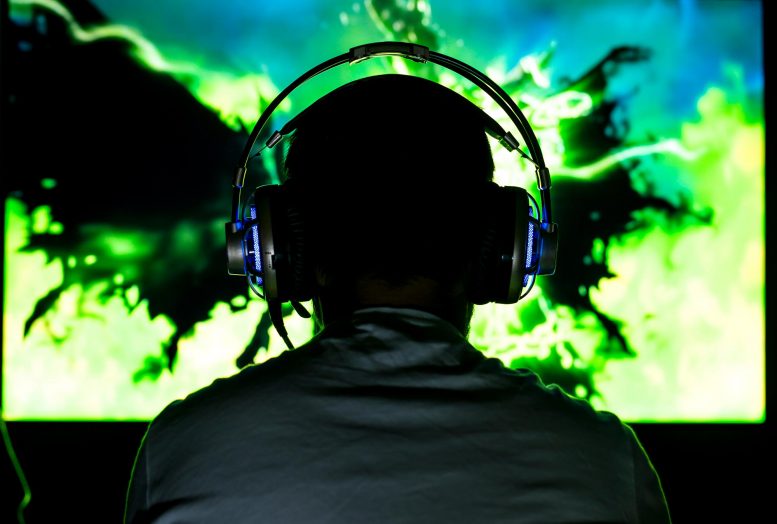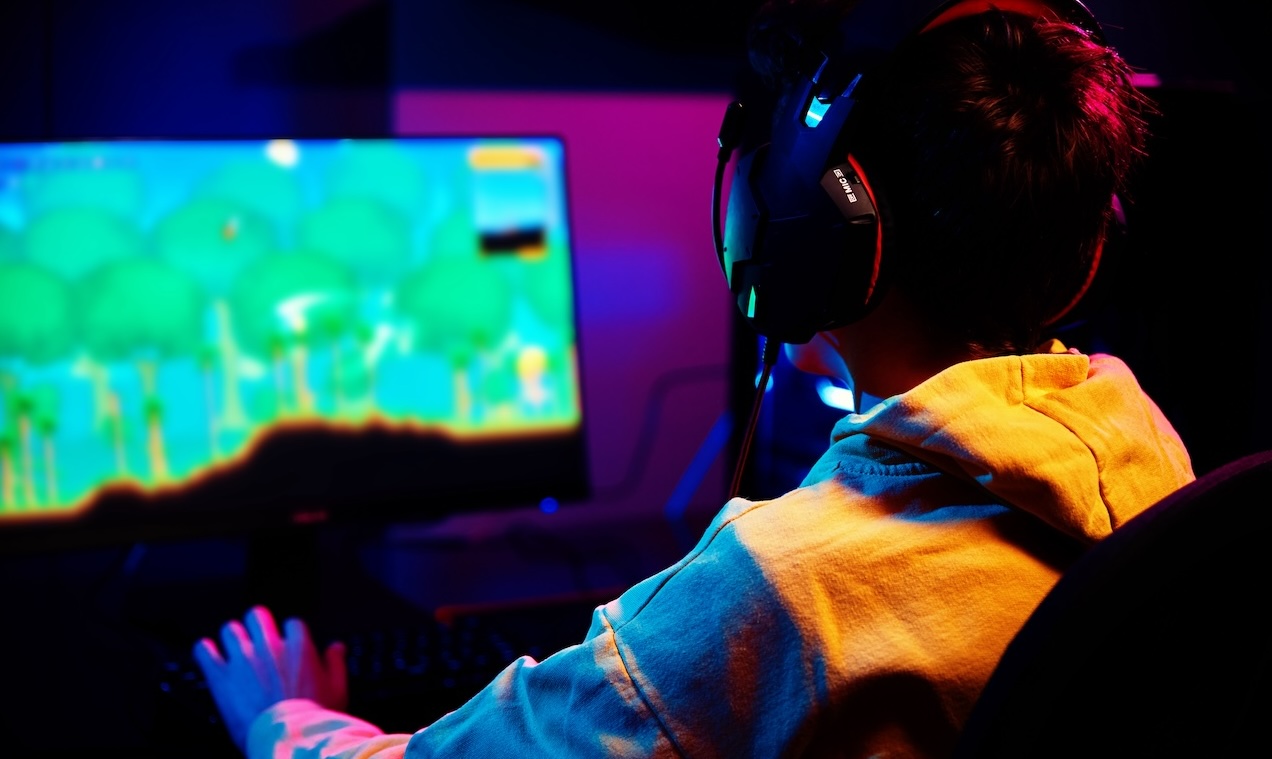The development of new technologies also brings with it a series of clichés. Periodically, for example, it happens that a body, an association, an administration or a group of indignant citizens rises up against social media, accused of ruining the psychosocial development of children.
However, if it hasn’t been understood yet, social media is neither good nor bad, but it depends on how you use it. And when adults point to the various platforms as corrupting morality, perhaps they don’t realize that in this way they are freeing themselves of responsibility. Because it is parents who must moderate their children’s access to devices, perhaps starting to set a good example first. While the task of schools and institutions is to teach the correct use, in terms of quantity and quality, of Facebook, TikTok, Instagram and similar.
A bit of a long premise but not off topic, because the same thing is applicable to video games.

Video games and violence
Just like with social media, every now and then there comes a protest against video games, which encourage violence.
The thesis is simple: some video games in which scenes or situations of more or less explicit violence appear would lead young and very young people to reproduce similar situations. As if an adolescent’s learning worked slavishly, without the intervention of his own critical and moral sense.
We will return to this point when we talk about the results of the most recent studies. About that, Research on the relationship between video games and violence was recently published, the outcome of which is truly surprising. Because the study shows that not only do video games not generate violence, but they somehow reduce it.
Video games reduce violence
The study on the relationship between video games and violence that overturns the deep-rooted cliché was published in the journal Physiology & Behavior. The author is Gary L. Wagener, researcher at the University of Luxembourg.
The article investigates the relationship between video games and violence from a chemical point of view, answering the question: what are the effects of violent games on aggression, cortisol and testosterone?
The test was carried out on a sample of 54 adult males, who played the video game Uncharted 4: A Thief’s End (some in a “violent” section, some not) for 25 minutes. Participants provided samples of their saliva three times: before starting the game, immediately after, and 20 minutes after the session ended. They also filled out a questionnaire to measure their personality in relation to the so-called dark tetrad (sadism, narcissism, Machiavellianism and psychopathy).
The results of the study
In summary, those who played the violent section of the video game recorded a significant decrease in cortisol levelsespecially in correspondence with the first two saliva samples.
Unlike changes in hormone levels, there were no significant differences on aggression. In the article we read that “the present results illustrate the complex interaction between personality, hormones and game content, thus further specifying current notions on the effects of violent video games.
Playing a violent video game can have a calming, stress-reducing effect depending on your personality traits […]”
The result in detail is multifaceted, but it has certainly been shown that there is no automatic effect of increasing aggression in those who play a so-called violent video game.
The comment
The study’s author, Gary L. Wagener, interviewed by PsyPost, said: “I’m interested in this topic because I’m a gamer too. Since I was a child I have been fascinated by video games and virtual worlds. I played because it was fun, because I liked the competition, to appreciate good stories, but also to relieve the stress of my daily life.”
It’s still: “I didn’t like the media portrayal of violent video games that didn’t reflect this ongoing debate and so I decided to investigate the violent effects of video games myself.”
Video games, violence and more
Among the now numerous studies that disavow the direct relationship between video games and violence, the one published in October 2019 by the American Psychological Association is particularly persuasive. Where among other things it is said that focusing too much on a relationship that is not stringent risks diverting attention from factors that are much more decisive in the onset of violent tempers or actions, such as the family and social context.
And so, the circle that we opened at the beginning of the article with the premise on social media closes.













Leave a Reply
View Comments